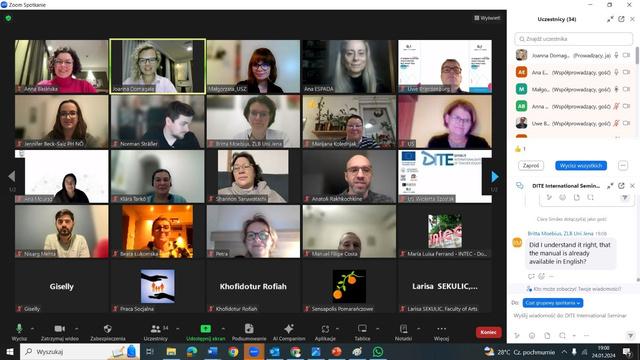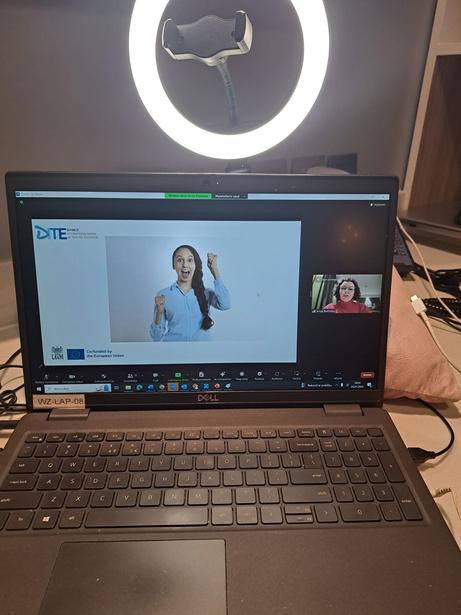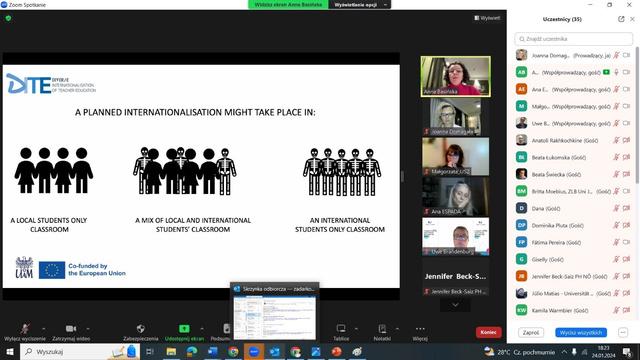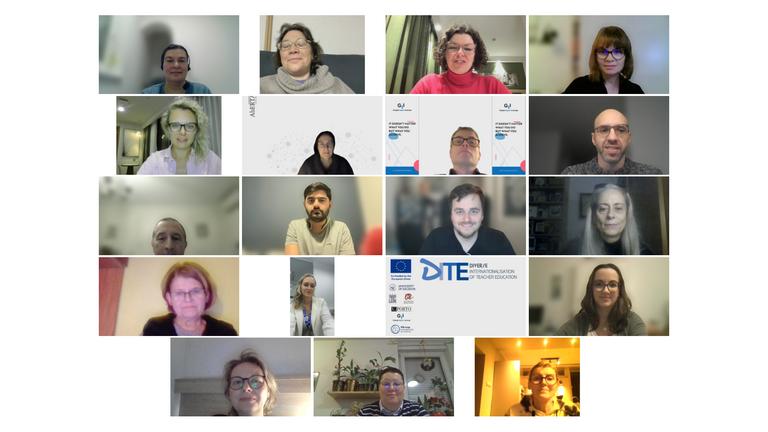
Diving into diverse internationalisation of teacher education www.dite.usz.edu.pl
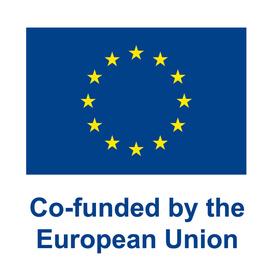
April 2024 issue # 5
There’s more and more information we can share as we go on with the local trainings for students of teacher education.
We are preparing local DITE manuals in our national languages to make sure that everyone can join us on this journey.
We are organizing open seminars online and in our local communities to reach as many people as possible.
We are really assessing impact of our endeavours to see if there are measurable results of our actions.
We are working on the general DITE model that will help you to implement international aspects into your daily work as a teacher.
This is the last six months of the DITE project. And it’s going to be exciting time!

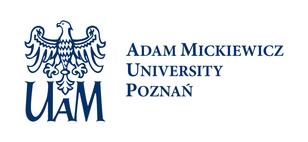





Most important aspects of internationalisation of teacher education
based on the DITE trainer’s manual and the DITE in-house training materials
Globalisation compared to internationalisation

January 2022
Internationalisation of higher education refers to the process of integrating an international dimension into the teaching, research, and service functions of the institutions. This may include a variety of initiatives: welcoming international students, promoting study abroad opportunities and fostering partnerships with universities in other countries.
Globalisation, on the other hand, refers to the increasing interconnectedness and interdependence of countries and their economies, cultures, and populations. It is driven by advances in technology and communication, as well as by the liberalisation of trade and investment.
February 2022
Inclusive internationalisation
The most general and at the same time the most important principles of inclusion concern equality and respect for differences. In the educational context, we are talking about equal access to education and the diversity of educational needs of all students.







April 2022
The principle of intersectionality: a full identity of a person is co-created by different, intersecting biological and cultural factors. Inclusive education is about a fundamental shift in the existing education system from seeing difference as a problem to celebrating the diversity of learners and providing all necessary supports to enable equal participation.
Diversity of students
The diversity of students can be a challenge for the teacher and forces them to modify teaching strategies so that all students can benefit from the lesson. However, diversity can be extremely valuable for the process of learning.
November 2022
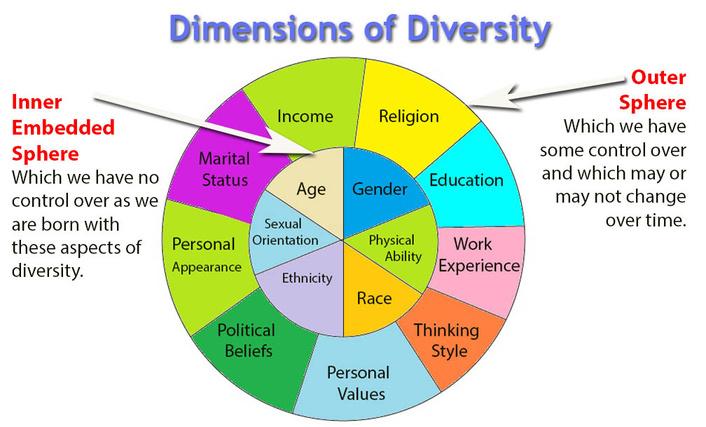
Source: https://www.usydanthology.com/2019/04/12/lodens-wheel-of-diversity








Multiculturalism vs. Interculturalism
June 2023
Multiculturalism: culture is relatively constant and attributed to social (ethnic, national, religious) groups. It leads to the separation of groups in a multicultural society and their functioning side by side. This approach may result in blurring and assimilating cultural differences.
Interculturalism: culture is dynamic and created by individuals and groups in the course of communication. representatives of different cultural groups interact with each other on a regular basis and new cultural qualities are created. Differences are treated as a factor activating social, political and economic development.

The need for internationalisation in teacher education
Globalisation shrinks the world and brings cultural diversity and intercultural contact to people’s everyday lives. We experience migration, mobility, cultural and social diversity and it all impacts modern classrooms.
We need teachers who understand the globalised and intercultural world and will be able to prepare their students to operate in it.
Teacher training institutions tend to prepare teachers for schools in local communities. This is mainly due to the fact that all policies and regulations concerning the qualifications of teacher are established at the national level. Whereas teaching and teacher education should be a global (not a local) profession.








The DITE trainers speak their minds



Students of Teacher Education about a local DITE training

Teacher educators about a local DITE training






How to prepare a local DITE training




